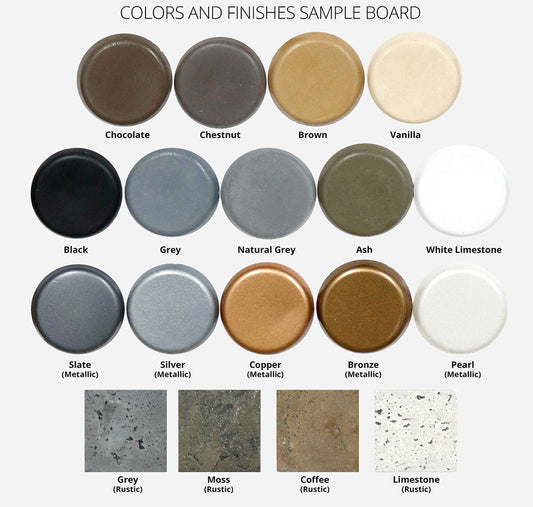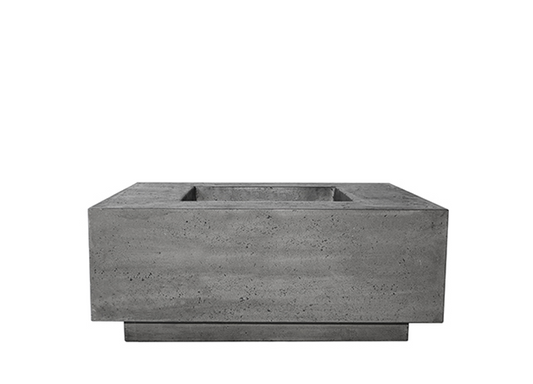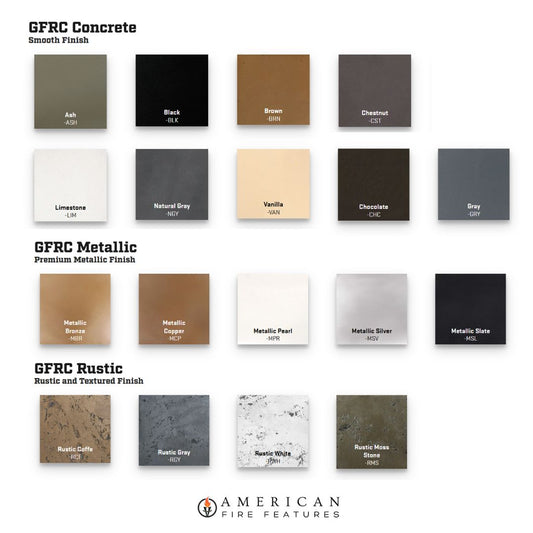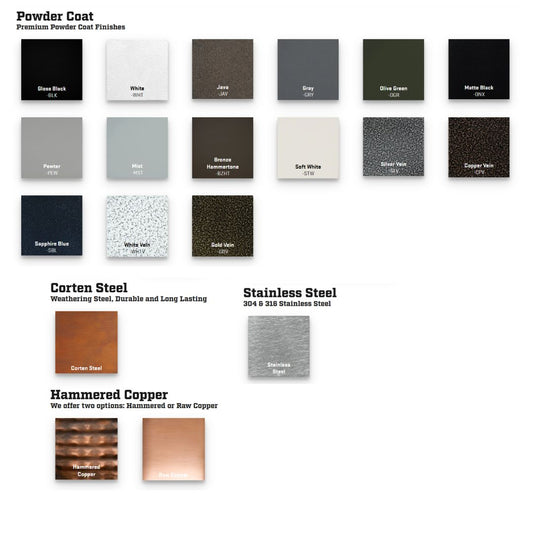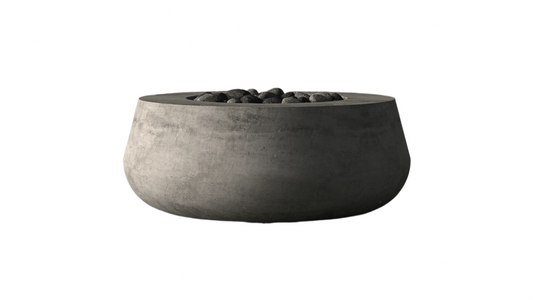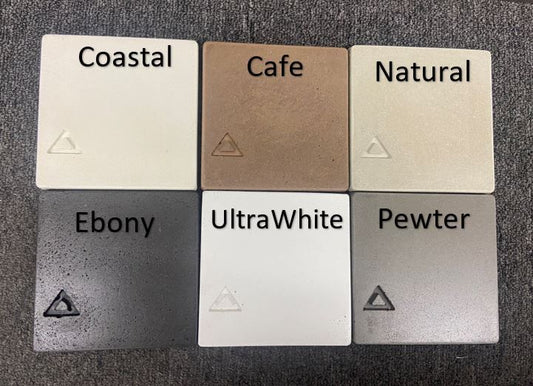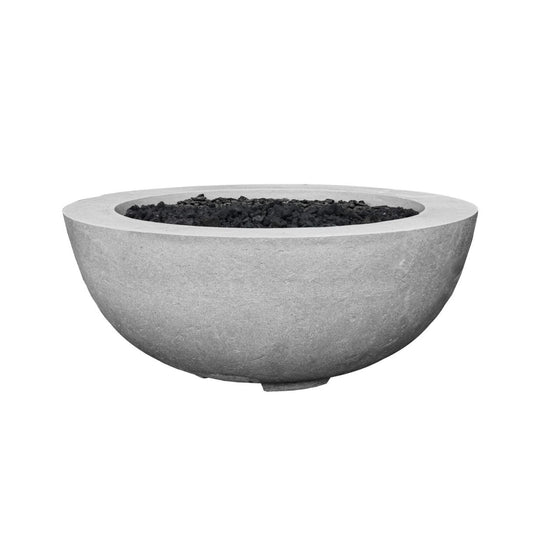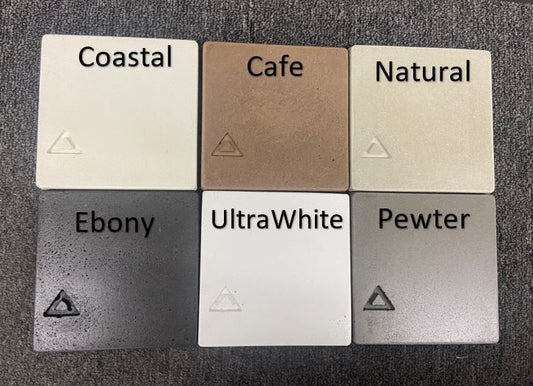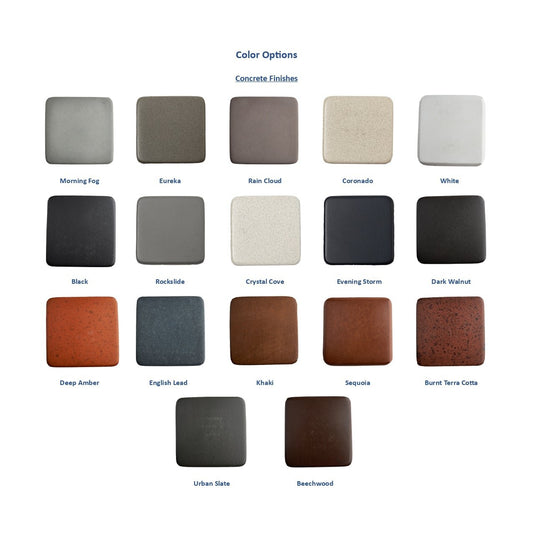Are you looking to extend your swimming season and enjoy a warm pool even when the weather cools down? A pool heat pump is a highly efficient and eco-friendly way to heat your pool. In this guide, we’ll explain how pool heat pumps work and why they might be the perfect solution for your pool heating needs.
What is a Pool Heat Pump?
A pool heat pump is an energy-efficient device that extracts heat from the air and transfers it to your pool water. Unlike gas heaters that generate heat through combustion, heat pumps utilize ambient air, making them a more sustainable option.
Depending on energy costs, a heat pump can save you up to 80% over propane gas, 50% to 70% over natural gas, and over 600% against electrical resistance heaters found in most spas. This is the reason why thousands of customers choose a heat pump to heat their pool rather than alternative types of heaters. If you plan on heating your pool, a heat pump makes the most sense.
How Does a Pool Heat Pump Work?
- Air Intake: The heat pump draws in outside air through the evaporator coil.
- Heat Extraction: A refrigerant in the evaporator coil absorbs heat from the air, causing it to evaporate and turn into a gas.
- Compression: The warm gas passes through a compressor, which increases its pressure and temperature.
- Heat Transfer: The hot gas flows through a condenser, transferring its heat to the pool water circulating through the heat pump.
- Water Circulation: The now-warmed water returns to your pool, raising the overall water temperature.
- Cooling and Reuse: The refrigerant, having transferred its heat to the pool water, cools and returns to its liquid state, ready to repeat the cycle.
Benefits of Using a Pool Heat Pump
- Energy Efficiency: Heat pumps use significantly less energy compared to traditional gas heaters, which can lead to lower utility bills.
- Eco-Friendly: By utilizing ambient air, heat pumps produce fewer greenhouse gases.
- Cost-Effective: While the initial investment might be higher, the operational costs are lower due to their energy efficiency.
- Longer Lifespan: Heat pumps are known for their durability and can last many years with proper maintenance.
Choosing the Right Pool Heat Pump
When selecting a pool heat pump, consider the following factors:
- Pool Size: Larger pools require more powerful heat pumps. You can always calculate your pool volume online.
- Climate: Heat pumps are most effective in areas with mild to warm climates.
- Efficiency Ratings: Look for models with higher COP (Coefficient of Performance) ratings for better efficiency.
- Budget: Balance the initial cost with the long-term savings on energy bills.
Maintenance Tips
To ensure your pool heat pump operates efficiently:
- Regular Cleaning: Keep the evaporator coil and fan blades clean to maintain airflow.
- Check Filters: Clean or replace filters as needed to prevent clogs.
- Professional Inspections: Have a professional inspect your heat pump annually for any potential issues.
Conclusion
Pool heat pumps are an excellent choice for pool owners looking to maintain a comfortable swimming temperature while being mindful of energy consumption and environmental impact. By understanding how they work and following proper maintenance, you can enjoy a warm pool for many seasons to come.
For more information on pool heat pumps and to explore our range of products, visit our Pool Collection!



